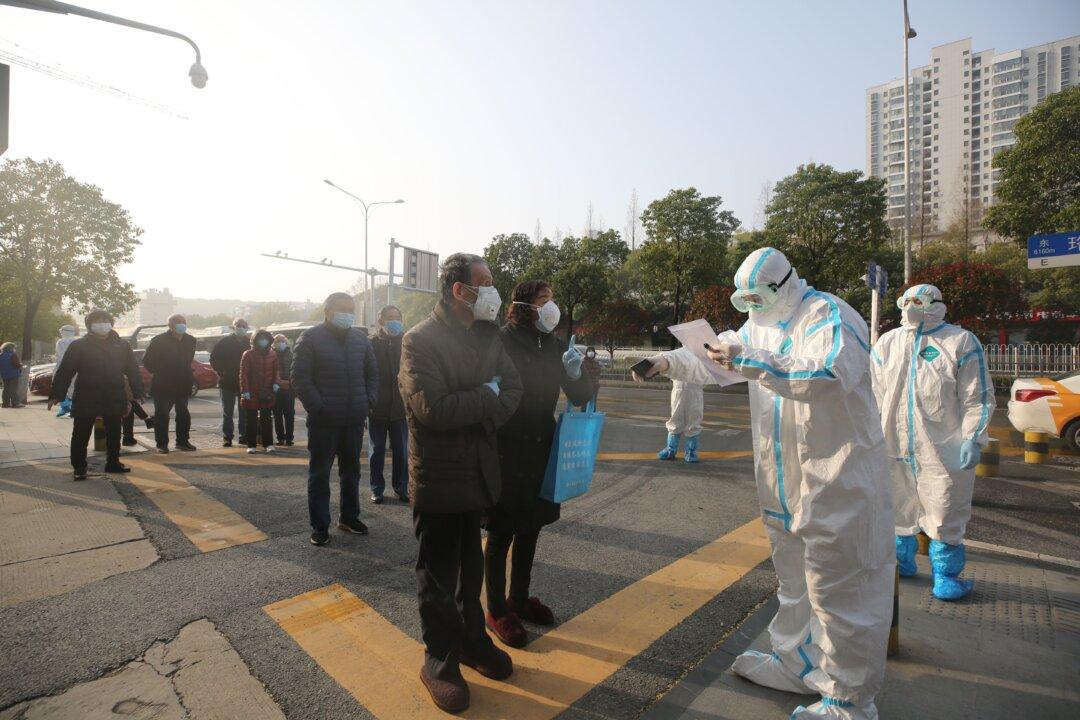A patient with symptoms of the novel coronavirus in China told The Epoch Times that soon after she was released from a makeshift hospital, her condition worsened.
However, facilities refused to provide treatment.

A patient with symptoms of the novel coronavirus in China told The Epoch Times that soon after she was released from a makeshift hospital, her condition worsened.
However, facilities refused to provide treatment.